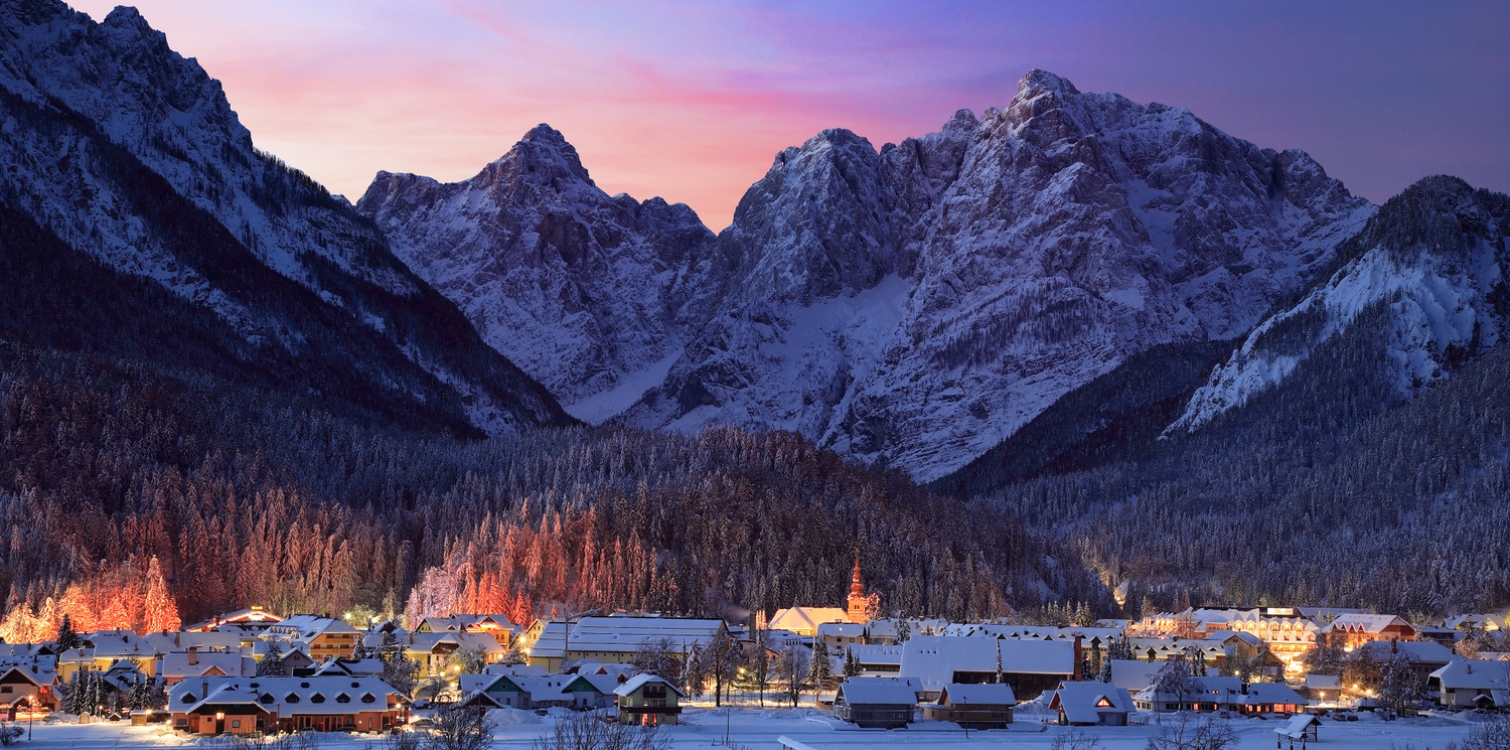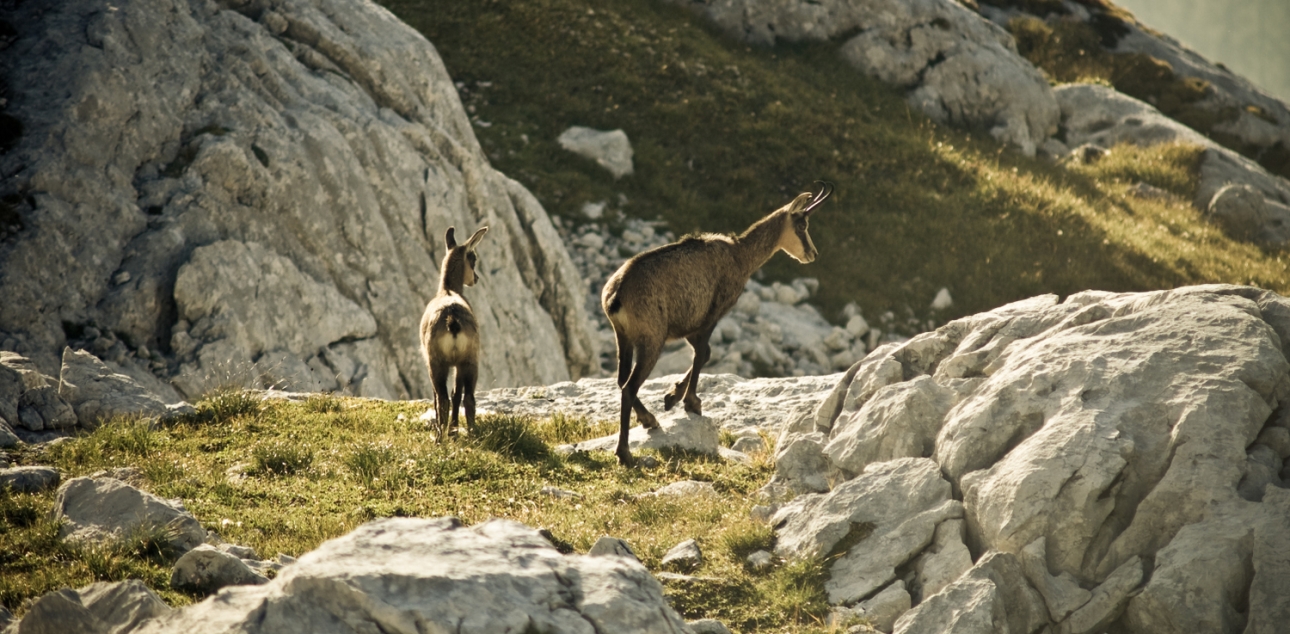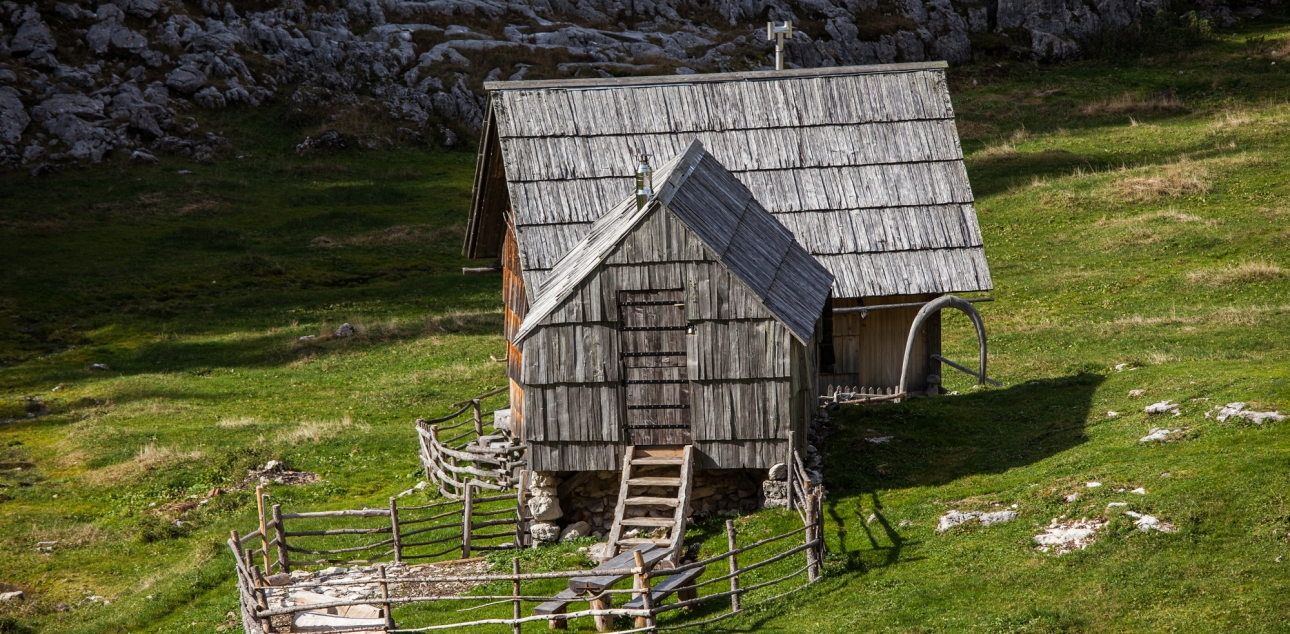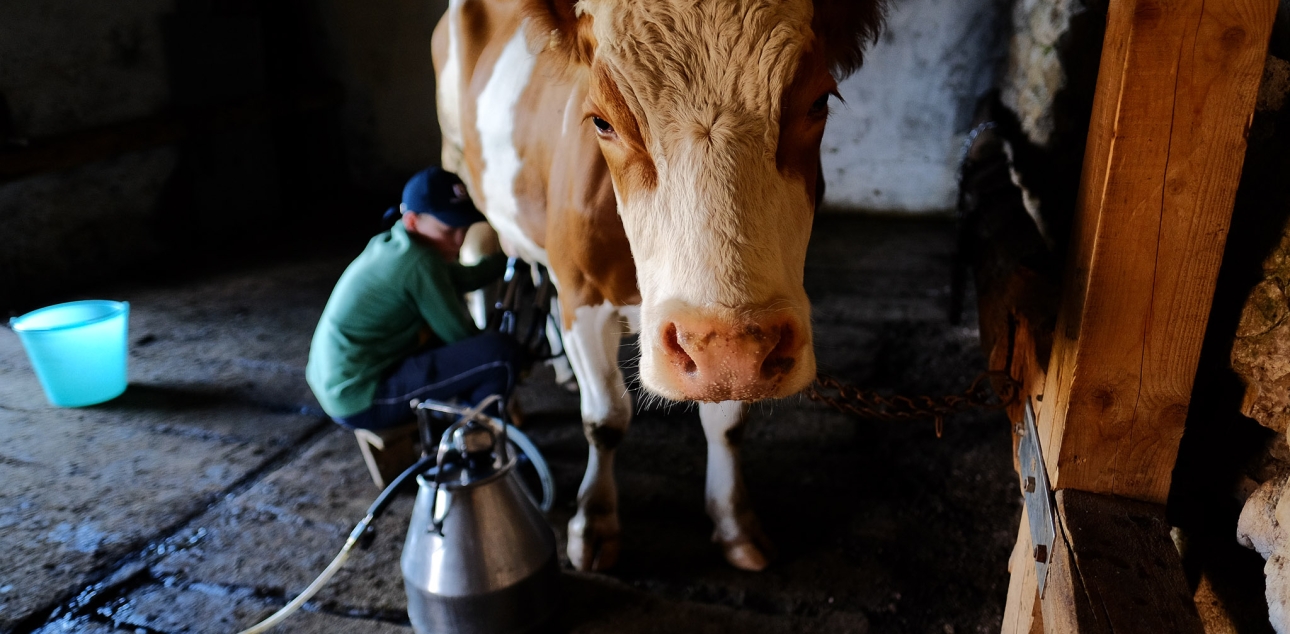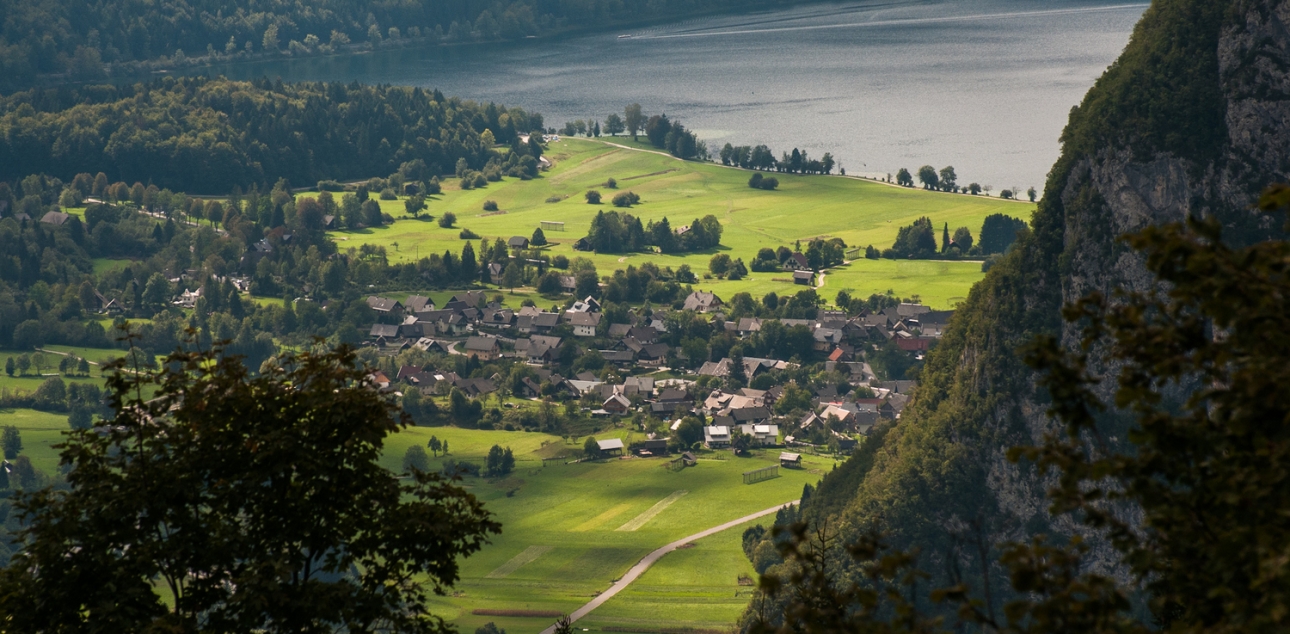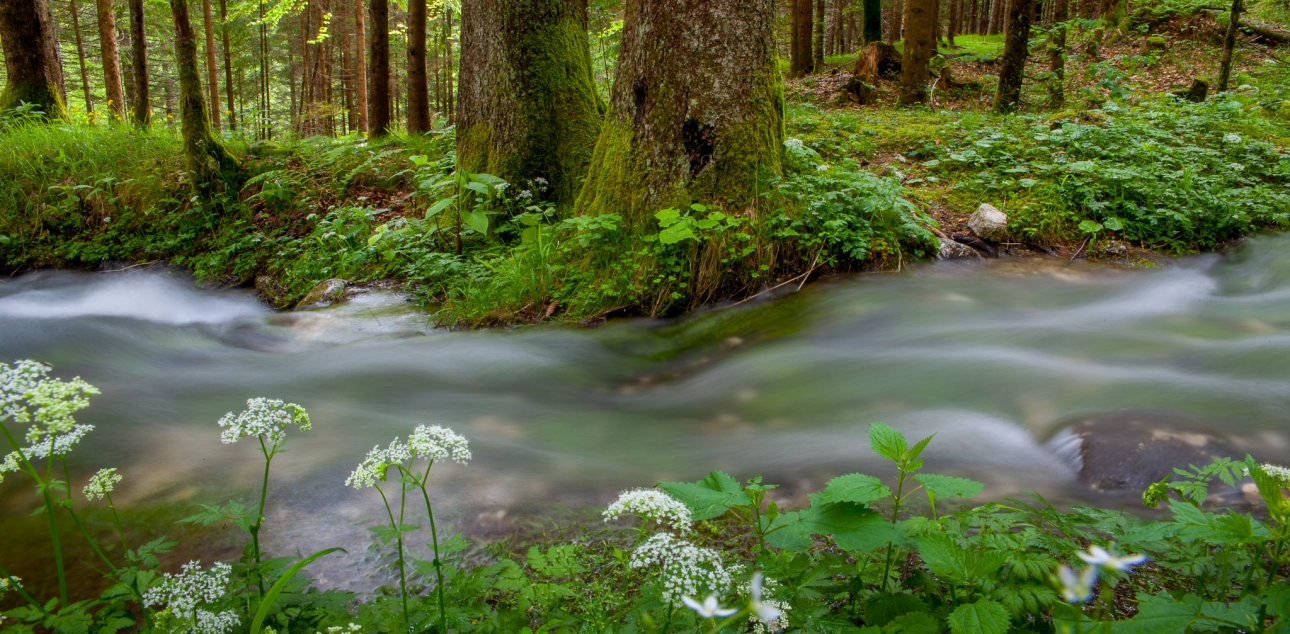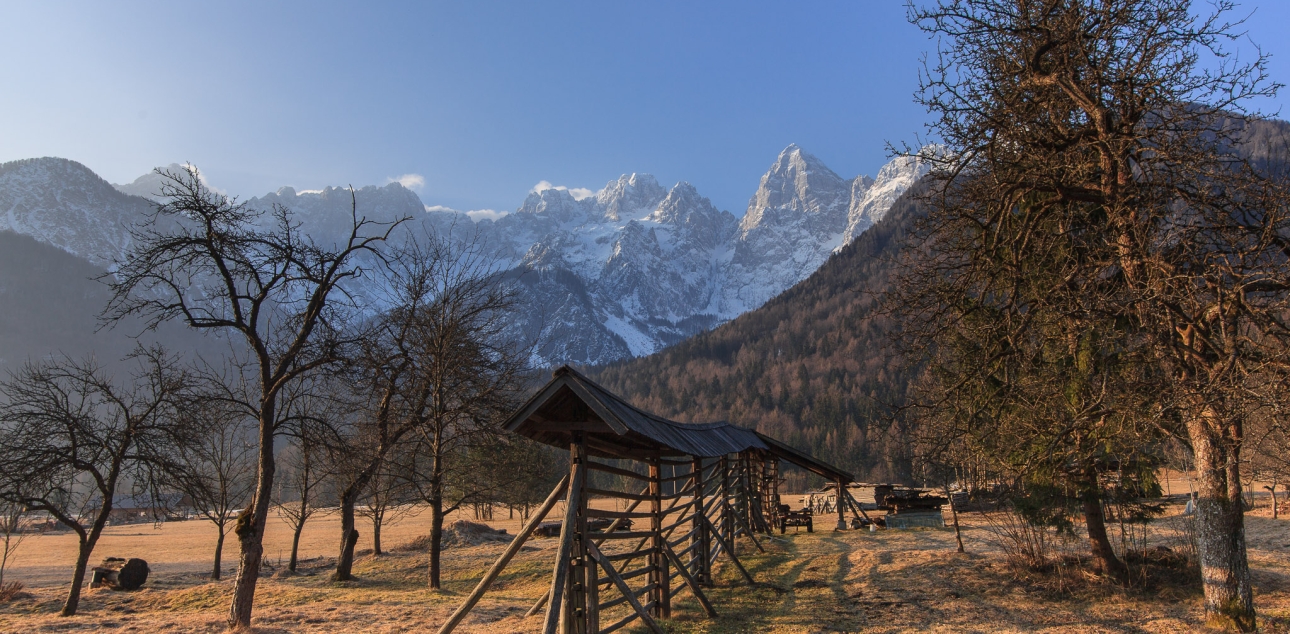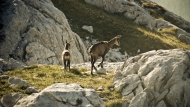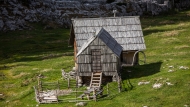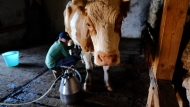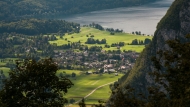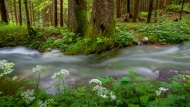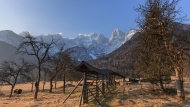The Regulation on the Management Plan of the Triglav National Park for the period 2016-2025 was adopted by the Government of the Republic of Slovenia at its 86th regular session on 5 May 2016.
The long-term objective in the field of nature and natural resources conservation is to give priority to the conservation of ecosystems and natural processes, natural values and the diversity of habitats, fauna and flora in wilderness areas and landscape diversity. In order to achieve the objectives set, measures are envisaged to contribute to the establishment of quality monitoring of wild species and habitat types, the conservation of natural values, grasslands, sustainable forest management, the maintenance of good water status, leaving bogs to natural processes, the conservation of caves, scree and rocks, and the conservation of Natura 2000 sites outside the national park. Other important management tasks include direct control in the wild and game management in the National Park.
The conservation of cultural heritage and landscape, which are the cornerstones of the identity and visibility of the National Park, is ensured through the coordination of development and conservation interests and the definition of appropriate land-use designations. The management plan plans measures to raise awareness of cultural heritage, preserve the immovable cultural heritage and cultural landscape, and conserve the movable and living cultural heritage.
In order to maintain human settlement and sustainable development, it is important to ensure that the National Park also provides adequate living, social and economic conditions. Development is conditional on recognising and exploiting the comparative advantages of the National Park, both for living and for employment of local people. The focus is on the sustainable use of natural resources and on the provision of infrastructure and public services that will make life and work easier, while contributing to the maintenance of the population, at least to the extent it exists today. Actions are planned by the manager and various sectors and institutions to contribute to ensuring the preservation of agriculture and the countryside, the development of green tourism, entrepreneurship and employment incentives, better access to public services, improved transport, utilities and telecommunications infrastructure and sustainable mobility, as well as to strengthening sustainable development planning.
In the area of visitation and experience, an adequately designed and maintained infrastructure and supporting environment will be ensured. In order to achieve the objectives, the network of information points and park infrastructure will be upgraded, visitor management tasks will be prioritised, and activities in the field of information, awareness-raising and quality visitor management will be strengthened.
In order to effectively implement the management areas described above, the Operator provides a number of common support activities, ranging from information and awareness-raising, cooperation with professional institutions, meeting international obligations, to carrying out administrative and property management tasks. Active cooperation with local people and with local, national and international organisations is crucial to the success of the National Park Manager's work.
The quality label integrates the existing certification systems, which are in line with the objectives of the National Park and constitute a linking element of the quality of the Julian Alps as a tourist destination.
Thank you.

